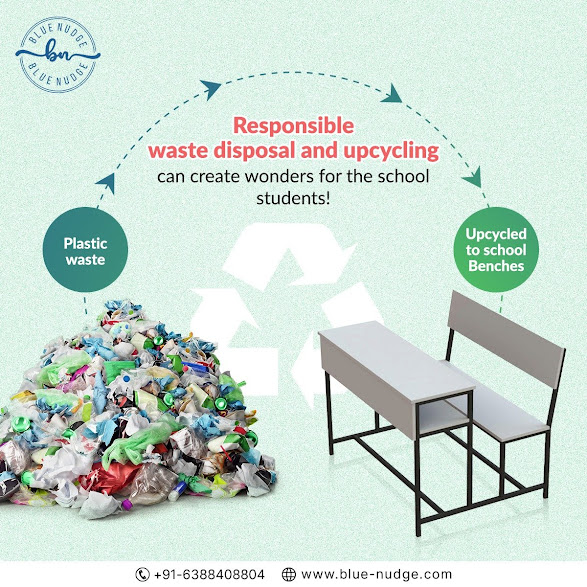What is waste management, and why is it important?
When it comes to managing garbage, it is of the utmost importance to understand how to acquire information about the subject because it has a significant impact on both our lives and the environment. In today's society, proper disposal of garbage has become a pressing concern. The waste management recycling of trash should first and foremost focus on preventing and minimizing waste wherever possible.
The significance of proper waste management:
Trash management lessens the impact it has on various factors, including public health, the environment, etc. Additionally, it may assist in reusing or recycling materials such as paper, cans, and glass. There are many different types of waste management, some of which include the disposal of solid trash, liquid waste, gaseous waste, or hazardous waste respectively.
When addressing waste management, there are a lot of different factors that need to be taken into account. Some of these factors include trash transportation, waste disposal techniques, recycling, and avoidance and reduction disposal methods. Treating solid and liquid waste is an integral part of waste management. During the process, it also provides several options for recycling materials that aren't considered garbage. These options are offered as part of the treatment.
Various ways to get rid of waste:
The disposal of waste has been a significant source of worry in recent years as population and industrialization continue to rise. The following is a list of several ways to dispose of waste:
1. Landfills: The most common and widely used type of trash disposal in use today is the disposal of waste and rubbish from everyday life in landfills. During this waste management phase, the garbage is mainly disposed of by burying it in the ground.
2. Recycling: Recycling is transforming waste items into new products to reduce the consumption of fresh raw materials and the energy needed to produce new products.
3. Composting: Composting is a simple and natural biodegradation process that converts organic waste, such as the remnants of plants and garbage from gardens and kitchens, into a nutrient-dense food source for plants. Composting is also known as vermicomposting.
4. Incineration: The burning of waste items is what's involved in the incineration process. Through this technique, the waste material is subjected to very high temperatures before being transformed into by-products such as heat, gas, steam, and ash.
Conclusion
Waste management lessens the impact that harmful wastes have on the health of humans and the environment. If you want to contribute to saving the environment and looking to participate in or run similar programs, Blue Nudge can be of great use.




Comments
Post a Comment